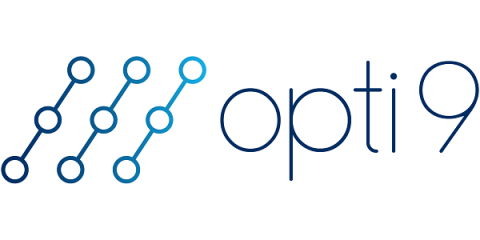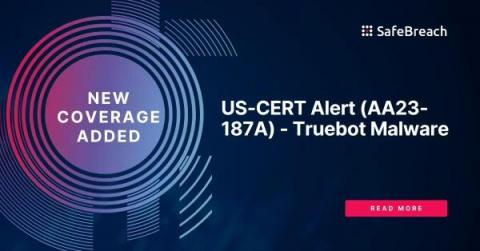Security | Threat Detection | Cyberattacks | DevSecOps | Compliance
Malware
Guide to Cyberattack Risk: Mitigation and Response
Ransomware and cyberattacks are on the rise, and that’s a deeply concerning thought for technology leaders. Considering what a breach could cost, and how long it would take to rectify, it’s no wonder risk mitigation and response is at the forefront of every CTO’s mind. Ransomware is a type of malicious software that blocks access to a computer system or encrypts files until a ransom is paid. It’s often spread through phishing emails or infected websites.
Microsoft Teams Cyber Attack Exploit Tool Relies on Social Engineering to Deliver Malware
If your organization uses Microsoft Teams, then you definitely want to hear about a new way bad actors are exploiting this newly discovered cyber attack tool. "TeamsPhisher," a new tool recently discovered on GitHub, gives cybercriminals a new way to deliver malicious files directly to any Teams user. The genesis of this new cyber attack tool was published by the US Navy Red Team due to a recently discovered vulnerability in Microsoft Teams.
Camaro Dragon APT Group Continues to Employ USB Devices as Initial Attack Vector
Apparently expanding efforts outside of Southeast Asian countries, this threat group’s known malware has shown up in a European healthcare facility, raising concerns for USB-based attacks. You’d think that literally no one uses USB drives anymore, making them a very improbable attack vector. And yet, the Camaro Dragon APT group has been tracked by security researchers at Check Point for well over a year, with them finding instances of attacks throughout all of last year and into this year.
CVE-2022-31199: Truebot Malware Campaign Actively Exploiting Netwrix Auditor RCE Vulnerability
Truebot Malware: SafeBreach Coverage for US-CERT Alert (AA23-187A)
On July 6th, the Cybersecurity and Infrastructure Security Agency (CISA), the Federal Bureau of Investigation (FBI), the Multi-State Information Sharing and Analysis Center (MS-ISAC), and the Canadian Centre for Cyber Security (CCCS) released an advisory highlighting the newly identifying Truebot malware variants. Truebot (also known as Silence Downloader) is a botnet that has been used by the CL0P ransomware gang to collect and exfiltrate stolen target victim information.
Decryption tool for Akira ransomware available for free
There's good news for any business which has fallen victim to the Akira ransomware. Security researchers at anti-virus company Avast have developed a free decryption tool for files that have been encrypted since the Akira ransomware first emerged in March 2023. The ransomware has been blamed for a number of high profile attacks - including ones against universities, financial institutions, and even a daycare centre for children.
Protecting Dreams: AmFam Doubles Down on Resilience
LockBit hits TSMC: A $70M Ransom?
Japan's Largest Port is the Latest Victim of a Ransomware Attack
The largest port in Japan, Nagoya, is now the most recent victim of a ransomware attack. The attack impacts the operation of container terminals, as the port handles over two million containers each year. This port is also used by the Toyota Motor Corporation, one of the world’s largest automakers, to export most of its cars.









